Brno is the New Sedlec: Europe’s Most Macabre Destination Gets a Rival of 50,000 Skeletons
Brno ossuary (photograph by Kirk/Wikimedia)
The Sedlec ossuary, located just a few hours outside Prague, has been the obvious choice for morbidly curious tourists for a while now. It’s made the viral internet rounds and though the headlines insist “You’ll Never Guess What’s Inside this Church.” I bet if you’re reading this you probably can.
It’s bones.
photograph by the author
Tons…
photograph by the author
and tons…
photograph by the author
of human bones.
The fact that it’s all over the internet doesn’t diminish its eerie beauty. But maybe you macabre hipsters want to find a more obscure destination. (No judgment, I get it.) Or maybe you’re concerned that the recently announced restoration of the ossuary will diminish its impact. (It will remain open but parts may be in disarray since the massive bone pyramids will have to be dismantled and re-built.) Either way, let me suggest an alternate Czech day-trip “deathstination”: Brno.
photograph by Kirk/Wikimedia
Though no one has fashioned the skeletons of Brno into chandeliers, coats-of-arms, or chalices, there are 50,000 of them, all in the ossuary under the Church of St. James. Though 50,000 people puts it well behind the Paris catacombs, which houses about six million bony folks, it’s still enough to make it the second largest ossuary in Europe. Its inhabitants succumbed to cholera, the plague, and injuries sustained in the Thirty Years War and Swedish Siege.
Though the bodies may be old, it’s a relatively new tourist destination. The ossuary was forgotten for hundreds of years, then rediscovered during church renovation work in 2001. It was only able to open its doors to the public in June of 2012 after an extensive restoration.
photograph by Kirk/Wikimedia
photograph by Kirk/Wikimedia
A few skeletons in the ossuary remain intact in glass caskets, but the majority are disassembled and arranged in architectural features according to bone type — a staircase of skulls or a column of femurs. While this is initially disconcerting, the vastness and anonymity of these building-block bones eventually numbs the sense of individual loss. For a more personal experience with the dead, you can take a 10-minute walk across the Cabbage Market to the Capuchin crypt.
The Capuchin order is known for creating two of the most spectacular crypts in Italy: the crypt in Rome where decomposing monks lean out of niches built in bone, and the catacombs full of dapper mummies in Palermo. Though the crypt in Brno is smaller than both, it doesn’t disappoint. The cool, dry air and particular ventilation accidentally preserved bodies that were intended to rot naturally. The friars clutch rosaries or crosses in their mummified hands. Their bodies are humbly stored on the bare ground while their heads rest on bricks. Dignitaries are entombed in proper coffins, but somehow seem less at peace than the monks despite their fancier digs.
photograph by Kirk/Wikimedia
It’s said that the contorted features of Isabela Zinsendorf indicate she was accidentally buried alive and woke up sealed inside her coffin. Meanwhile Baron Trenck sports a replacement head inside his casket. Tourists, or one of the many enemies of the Baron, stole the original.
Getting to Brno is simple. You can either take the Student Agency tour bus (which isn’t just for students) or an express train from Prague. It’s roughly a three-hour trip or a two-hour trip from Vienna.
photograph by Kirk/Wikimedia
photograph by Kirk/Wikimedia
photograph by Kirk/Wikimedia
photograph by Kirk/Wikimedia
Here’s a short video on the ossuary from the City of Brno (keep an eye out for the plague doctor):
Uncover more ossuaries of bones on Atlas Obscura >
Read more about the wandering body parts of the dead at Elizabeth Harper’s All the Saints You Should Know.



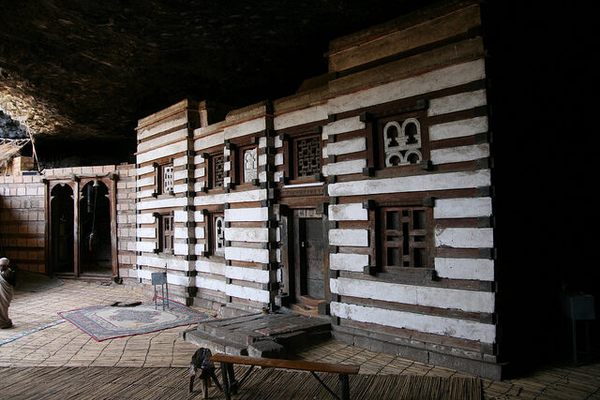

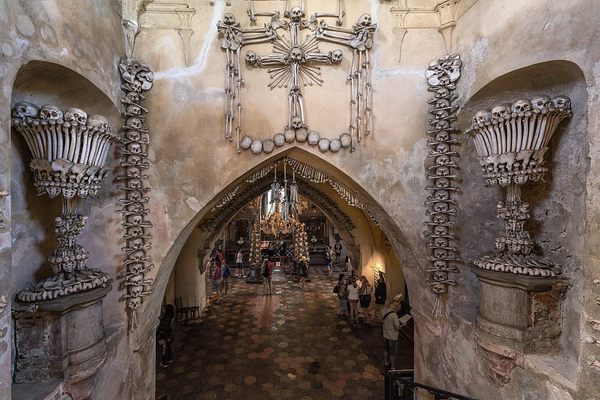

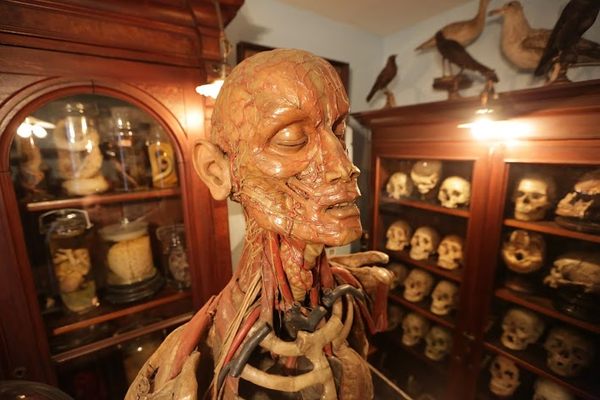




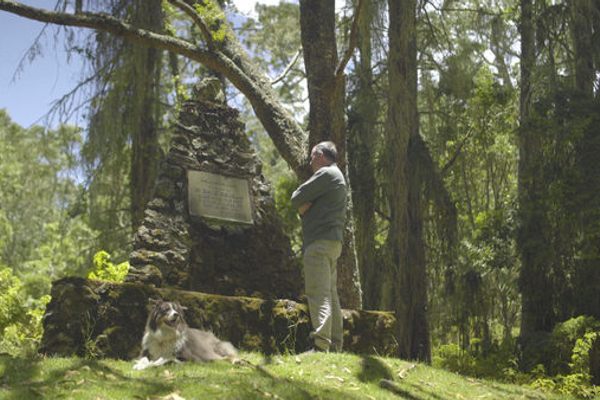

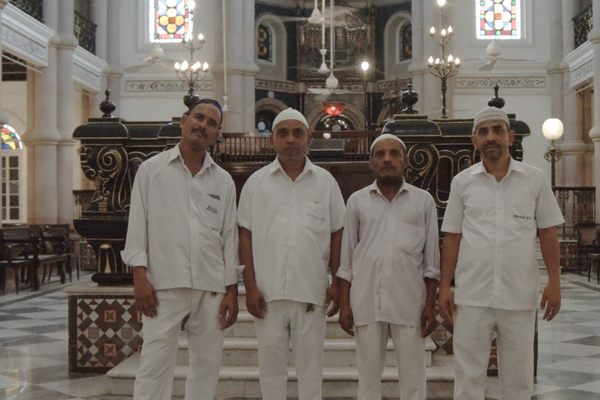




Follow us on Twitter to get the latest on the world's hidden wonders.
Like us on Facebook to get the latest on the world's hidden wonders.
Follow us on Twitter Like us on Facebook